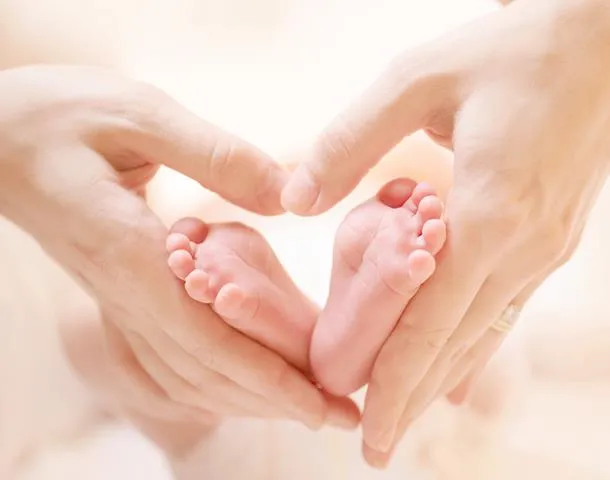Miscarriages, especially in early pregnancy, are very common. In most cases, however, this does not prevent subsequent pregnancies from ending in the birth of a healthy baby, often called a "rainbow" by the Parents. When is it possible to get pregnant after a miscarriage and what is the diagnosis of recurrent miscarriages?
When can you get pregnant after a miscarriage?
According to the recommendations of the Polish Society of Gynecologists and Obstetricians, you can start trying for another pregnancy 3 months after the miscarriage. This is a period during which the body can regenerate and prepare for the next pregnancy. During this time, a woman should supplement folic acid in the dose determined by her gynecologist. However, it is important to remember that not only physically a woman should be ready for another pregnancy, but also mentally. Some women after a miscarriage receive help from therapists, which helps them get through the difficult period associated with pregnancy loss. For this reason, the appropriate time to try to get pregnant again after a miscarriage is always an individual issue.
Pregnancy after miscarriage vs progesterone
Deficiency of progesterone, which is responsible for sustaining pregnancy, is considered one of the causes of miscarriages. This is why some doctors prescribe oral or vaginal progesterone to women after a miscarriage. However, there are no conclusive studies on the effectiveness of such a procedure. If, on the other hand, the miscarriage occurred after the 16th. Week of pregnancy, according to current regulations, every pregnant woman should receive prophylactic vaginal progesterone from the first trimester until the 34th. One week of pregnancy.
Causes of miscarriages
Many different types of factors are cited among the causes of miscarriage and child death. The highest number of miscarriages occur in the first weeks of pregnancy, when many women do not even know they are in it. These miscarriages are most often the result of chromosomal aberrations in the baby. These defects are usually lethal and prevent the normal development of the pregnancy.
Obese women have a higher risk of miscarriage. For this reason, many doctors recommend that women of childbearing age adopt a healthy lifestyle and balanced diet even before becoming pregnant. In addition, causes of miscarriages include hormonal disorders. To reduce the risk of miscarriage, women are advised to supplement folic acid. Its deficiency affects the occurrence of malformations, which can lead to miscarriage. A significant risk of miscarriage, are also infections with CMV, parvovirus B19, rubella and toxoplasmosis, among others.
Diagnosis of recurrent miscarriages
Recurrent miscarriages are pregnancy losses occurring at least 3 times. In such a situation, it is necessary to look for the cause of repeated miscarriages. Among them, the following are often mentioned. antiphospholipid syndrome. It is found when, in addition to recurrent miscarriages, tests identify the presence of lupus antigen, anticardiolipin antibodies or antibodies to ß2-glycoprotein. Acetylsalicylic acid and low-molecular-weight heparins are used in the treatment, so the chances of carrying a pregnancy increase. In addition, in ladies with repeated miscarriages, tests are performed for abnormalities in the uterine cavity, such as its anatomical defects.
Most causes of miscarriages do not derail the chances of having offspring, and proper diagnosis and treatment can lead to the dream of expanding the family.
Rate this article:











